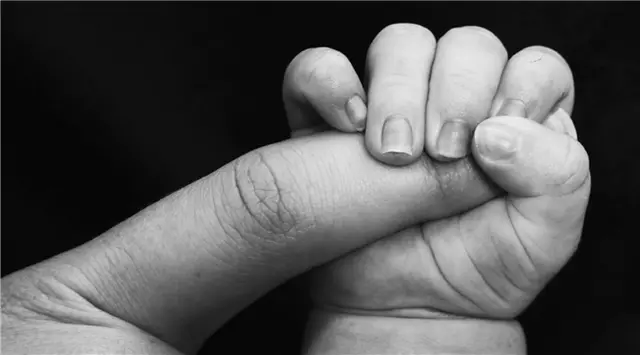A hospital in Melbourne's western suburbs has come under intense scrutiny after it was revealed that 18 babies had died in the hospital's maternity unit since 2003.
A new investigation into the Bacchus Marsh and Melton Hospital by the Australian Broadcasting Corporation (ABC) uncovered a further seven babies died at the hospital dating back to 2003, in addition to the 11 that died in 2013 and 2014.
It has been revealed that in some cases monitors used to observe the heart rate of babies to establish if there are any problems were up to 25 years old.
One patient at the hospital said staff left the monitor on for about 10 minutes whereas at Melbourne's Royal Woman's Hospital the same monitor would be left on for at least an hour.
The ABC investigation also revealed that one of the hospital's obstetricians, Dr. Claude Calandra, was the subject of 15 lawsuits for medical negligence in 14 years.
Calandra did not deliver any of the 11 stillborn babies in 2013/2014 but some of the lawsuits did relate to cases of stillborn babies.
In October last year Health Minister Jill Hennessy announced that seven of the 11 deaths in 2013 and 2014 could have been prevented before moving to sack the board and management of Bacchus Marsh Hospital.
However, the ABC established that at least three of the doctors involved in the avoidable deaths are still practicing at the hospital which has prompted an investigation by the Australian Health Practitioner Regulation Agency.
Jacinta, one of the mothers of the seven babies whose deaths have been revealed, said she knew something was wrong with her daughter while still in utero but Bacchus Marsh did not detect any problems.
"(My baby) didn't move. She barely moved, I just knew something was not right," Jacinta, who can only be identified by her first name for legal reasons, told the ABC in comments published on Tuesday.
"I raised it with the doctor, I raised it with my midwives that were looking after me, told them I was concerned I hadn't put on enough weight, she wasn't growing enough, that she wasn't moving enough.
"And every time I did, I was told not to worry about it."
When she returned to the hospital two days later for another monitoring session, Jacinta was told that her baby was dead.
"It was one of the most painful, gut-wrenching things I've ever been through in my life," Jacinta said.
It wasn't until her second pregnancy that another hospital picked up that Jacinta suffered from Intrauterine Growth Restriction, a condition that stops the uterus from growing enough to accommodate the baby.
 简体中文
简体中文

